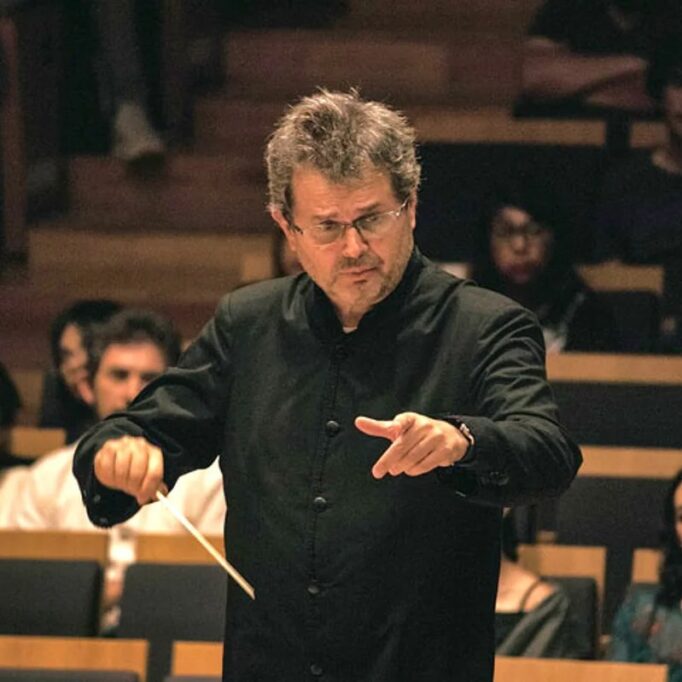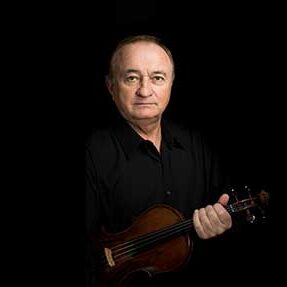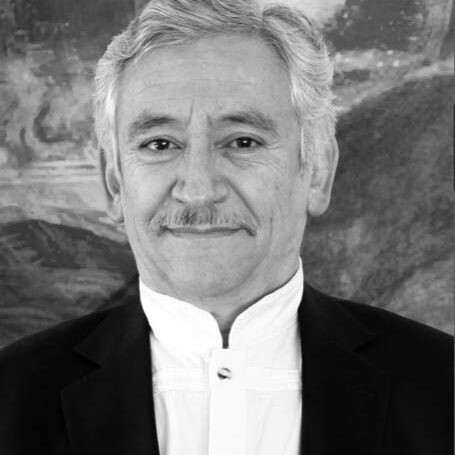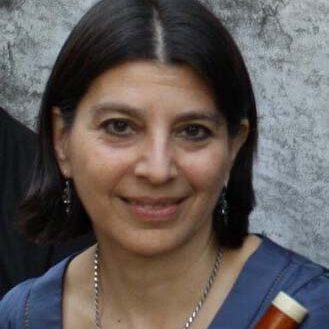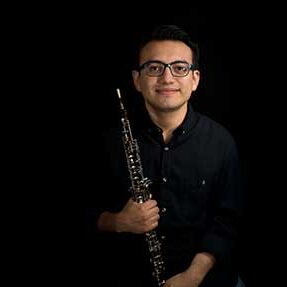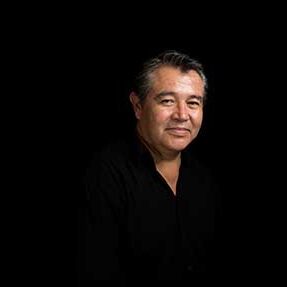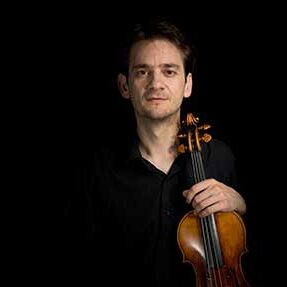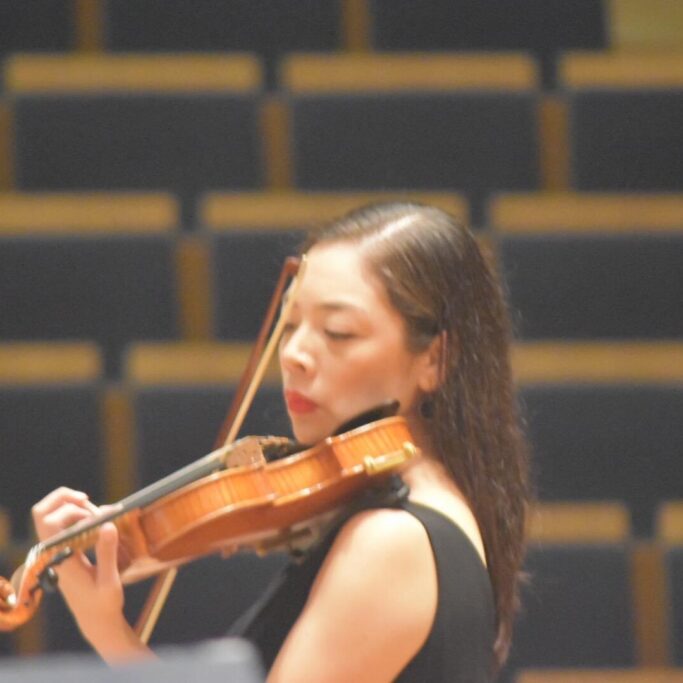It’s with great pleasure that I recommend conductor and oboist Rafael Palacios for conducting your Orchestra. I have known Rafael since 2013 and have had the opportunity to see closely his work as musician and to know him as a person. Rafael Palacios is part of the Baroque and Classical Music Fest at Xalapa Symphony Orchestra as Guest Conductor every year.
The Xalapa Symphony is a very prestigious orchestra in Mexico, besides being the oldest one in the country, and it’s a great responsibility to conduct them. Rafael has done an impressive work with the orchestra and conducted for five years in a row the Baroque and Classical Music Fest each April since 2013. He is a very musical person and very serious in his preparation. As person, he is kind, transparent, eloquent and very sensitive.
Rafael has a PhD in Music and Musicology of Paris-Sorbonne University. He is currently professor of baroque oboe at Conservatoire National Supérieur de Musique et Danse de Paris.
I highly recommend him and I am sure he will be a strong conductor for your orchestra.

